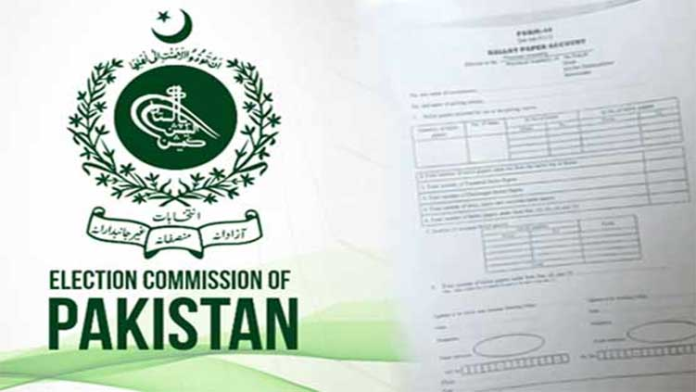In Islamabad, the Election Tribunal, led by Justice Tariq Mahmood Jahangiri, has taken a significant step in its investigation into alleged electoral irregularities. Justice Jahangiri, presiding over the tribunal, has issued directives to multiple parties involved in the electoral process, including the Election Commission of Pakistan (ECP), victorious candidates, and returning officers.
The tribunal’s directive is clear: it seeks comprehensive details regarding Form 45, witness lists, and affidavits pertinent to purported instances of rigging within three key constituencies in Islamabad. These constituencies are under scrutiny due to allegations of electoral malpractice, prompting the tribunal’s proactive intervention.
Form 45, a crucial document in the electoral process, contains vital information about the results of a particular polling station. By demanding these details, the tribunal aims to meticulously review the integrity of the electoral process, ensuring transparency and accountability.
Moreover, the tribunal’s request for witness lists underscores the importance of testimonies in verifying claims of irregularities. Witness accounts can provide invaluable insights into the conduct of elections, potentially shedding light on any discrepancies or misconduct that may have occurred.
Additionally, the call for affidavits adds another layer of scrutiny to the investigation. Affidavits, sworn statements submitted under oath, carry legal weight and can serve as compelling evidence in electoral disputes. By soliciting affidavits related to alleged rigging, the tribunal seeks to gather firsthand accounts and evidence to substantiate or refute the claims at hand.
Overall, the Election Tribunal’s proactive stance underscores its commitment to upholding the integrity of the electoral process. By demanding detailed information and evidence, the tribunal aims to ensure that electoral outcomes accurately reflect the will of the people, free from any undue influence or manipulation.






